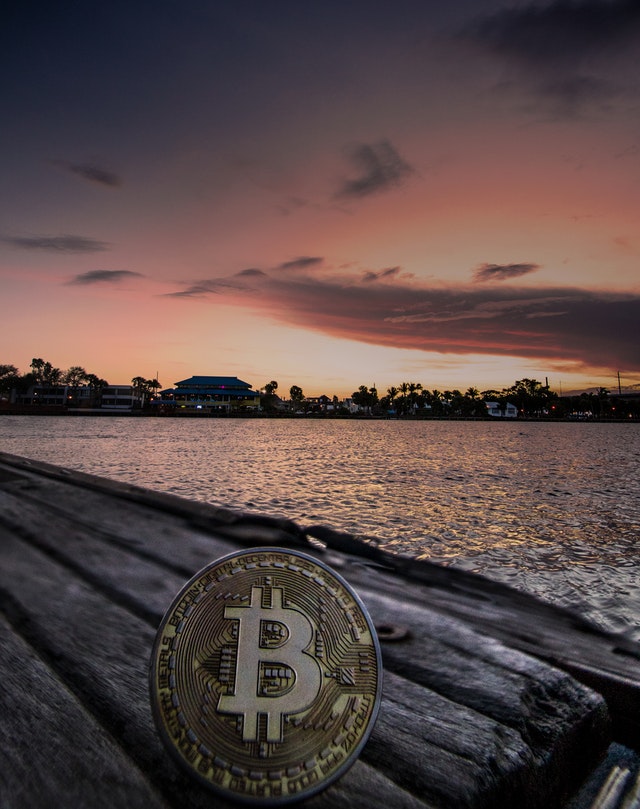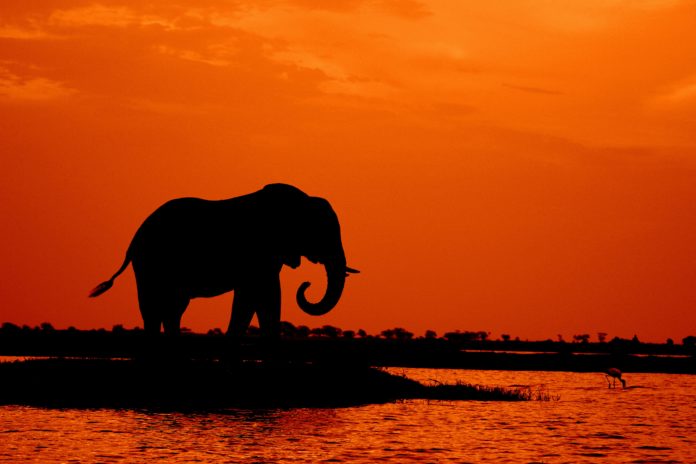How Bitcoin is unknowingly saving African Wildlife
Overview
There have been numerous concerns, debates, and controversies surrounding the impact that Bitcoin mining has on the environment as it uses a substantial amount of electricity.
There are, however, numerous ways in which this has been improved through the introduction and establishment of renewable energy sources to not only minimize the impact of Bitcoin mining on the environment, but to empower numerous communities.
In addition, despite the ongoing debate that surrounds Bitcoin and its impact on the world, there are ways in which Bitcoin can be used for good as well.
There are numerous initiatives involved with using Bitcoin to not only promote nature conservation, but to help save the lives of endangered species says Anthony Colia CEO from MoAfrika Tours.
This may be difficult for a lot of people to understand as well when considering how something that physically does not exist can save the lives of many species across the African Continent.
One of the leading benefits of Bitcoin is that it is decentralized and that it cannot be controlled or manipulated by central banks or authorities, which has already liberated numerous countries from corrupt government systems.
In addition to this, Bitcoin has become more widely acceptable as a payment method alongside the use of Fiat currencies, credit/debit cards, bank transfers, and others.
As Bitcoin trading is on the rise, it is the perfect opportunity to make use of it in an attempt to save African Wildlife and to aid conservation efforts in doing so.
What does the future hold for conservation where Bitcoin is concerned?
There are continuous initiatives in place to try and save and conserve African wildlife. There are numerous wildlife funds and NGOs that are making payments in Bitcoin, and other cryptocurrencies, available to accommodate donations in more currencies.
In Namibia, there have been efforts to save the endangered African Wild Dog by accepting donations in Bitcoin which will go towards technologies and efforts necessary to save this species.

Tumelo Ramaphosa, son of the current South African President, Cyril Ramaphosa, has aimed to climb the ranks of Blockchain with his company, StudEx Wildlife.
Tumelo has focused on globalising farming auctions by digitalising livestock, wild animals as well as endangered species by turning them into digital tokens.
These plans have been in motion since 2016 and although progress is slow, it has gained a substantial amount of traction globally.
Blockchain can be used for sustainability in Africa, and the rest of the world as it can prevent corrupt governments and companies from seizing people’s assets unfairly. Bitcoin cannot be manipulated or controlled.
This ensures that there are no taxes on Bitcoin, and proceedings made to wildlife and conservation establishments are not heavily taxed, allowing these establishments to peruse the funds for what they were truly intended mentions Bitcoin Analysts from African Investment Platform – Forexsuggest.com
Final Thoughts
Bitcoin is being accepted more readily in modern times despite the ongoing controversy surrounding it.
There have been numerous efforts made in utilizing Bitcoin towards nature conservation in Africa, with great strides made in making Bitcoin available as a payment method for donations, and the creation of Altcoins through the digitalization of wildlife.









